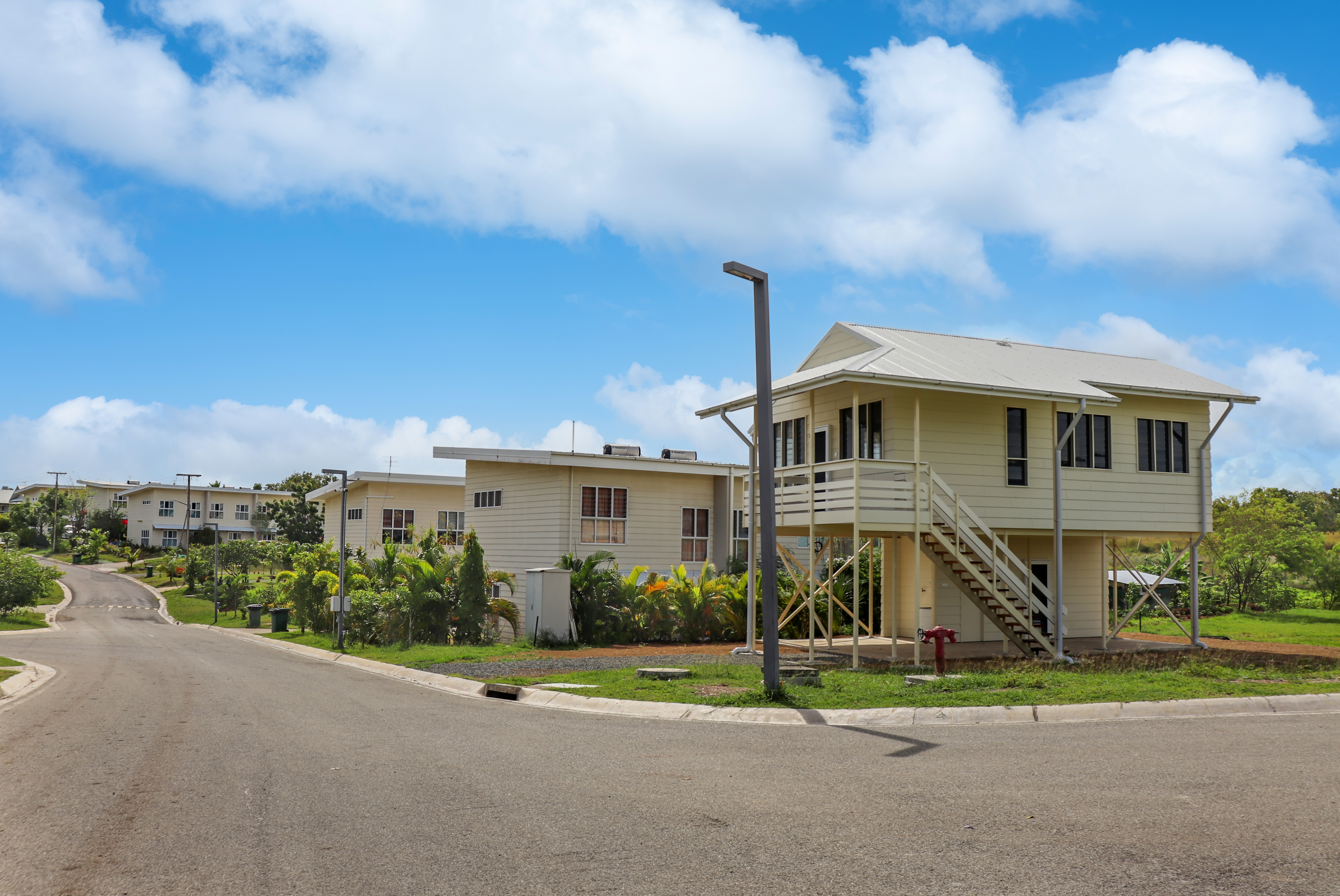The recent Court’s fires, the Brian Bell fires in Lae, and the continuing car accidents along the Highlands Highway have called on PNG citizens and property owners to insure their lives and properties against these ongoing risks.
The significance of insurance in Papua New Guinea has not been widely acknowledged by citizens in the past years and it has remained a low priority when purchasing a major asset such as property. However, Papua New Guinea has experienced dramatic economic growth driven by major real estate projects such as the PNG LNG, Duran Farm, Edai Town and many others still under planning, all of which have opened interesting opportunities for the insurance industry. Meanwhile, as new developments spring up across the country more and more citizens are insuring their assets against natural disasters such as fires and earthquakes.

Thanks to the growth in PNG’s real estate market, along with the government’s initiatives to increase private spending, the home insurance and insurance industry in general is growing at a rate of 12% per year as more and more citizens insure their homes. The recent real estate developments will only increase demand from home insurance seekers, while inadequate public healthcare services are also expected to increase demand for private health insurance in PNG.
Considering the presence of rising healthcare expenditure, the country’s personal cover and health insurance sector is expected to increase by 3.9% for the next five years.
According to Bima’s Country Manager, Simon Schwall, the three most popular forms of insurance in PNG are car insurance, health insurance and life insurance. The nationwide Micro-bank launched MiLife in April 2013, an insurance package perfectly suited for low-income married couples.
Insuring your life or assets is considered a precautionary measure against unforeseeable risk – in case an unfortunate event affects you, your assets or your family. Insurance helps you manage the event and limit its damage on your health and your assets. For example, when a person passes away and he or she is covered by life insurance, the family members are entitled to receive funds to deal with the death and funeral costs. Health insurance may also cover hospital costs in case you have an accident and need to go to the hospital for several days, incurring costs and/or lost revenue. However, every insurance company has a different package.
The same concept applies to home insurance. There are more and more Papua New Guineans who tend to insure their homes. This is only natural – as many have seen their property burnt or damaged by an earthquake. There are different levels of coverage that one can apply to his or her assets; some only insure their homes for fire damage, while others prefer to apply for a complete home insurance against any damage possible.
“The idea in general is to make sure you will be helped financially when you or your family needs it the most. It helps you go through difficulties and maintain the same quality of life even when facing a problem,” Schwall said.
Estimate the value of insurance
If a person was to save K10.8 per month in a piggy-bank to cater for haus krai and funerals, it would take more than 90 years to gather K12, 000 (K10.8 x 12 x 90 = K11, 664).
With life insurance, one can pay the same amount (K10.8 per month) and his or her family will receive K12, 000 already on the first month of cover in case of an unfortunate and damaging event.
“If you really care about your loved ones, then you should spend at least a few kina every month on insurance. It would be selfish to rely on the generosity of others when accidents happen,” Schwall commented. He also added that providing insurance in a young nation like Papua New Guinea was difficult, adding that Insurance was intimidating even in countries like the United States, Australia or New Zealand.
There is no doubt that Papua New Guinea is a young country and that insurance penetration is low. But it is clearly growing fast as more and more Papua New Guineans realize the benefits of insuring their assets, securing a bright future for the entire nation.






Comments